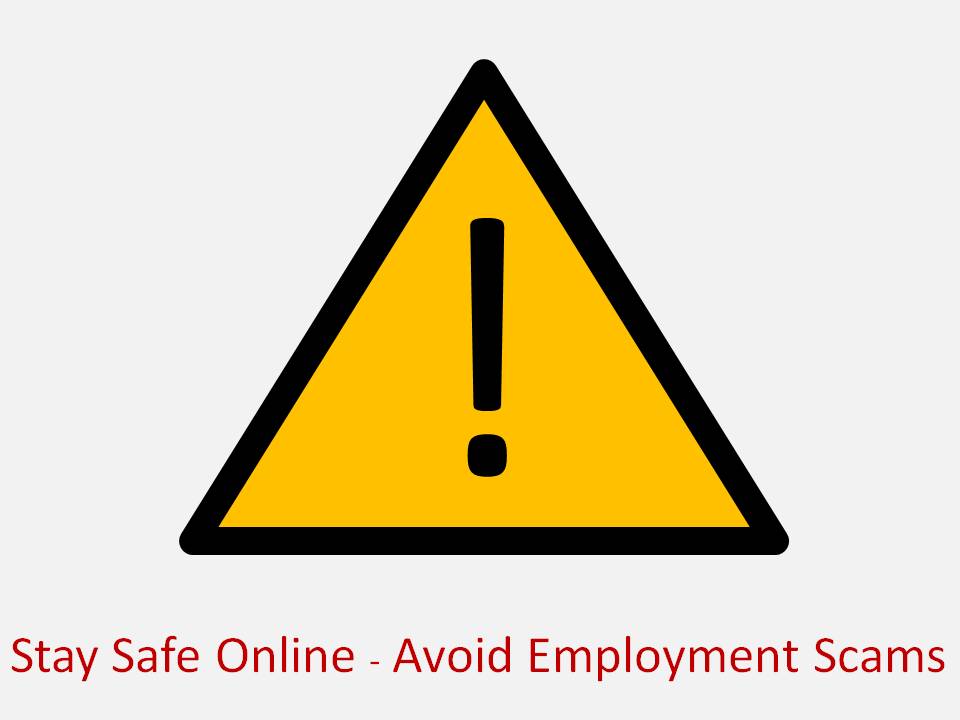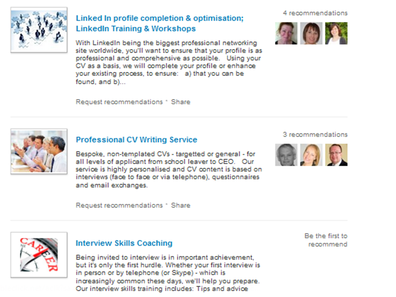IDS's resignation letter was exceptionally long, carefully crafted, caused deep divisions in the Conservative Party and clearly incensed David Cameron. You can read it here: IDS's Resignation Letter
OK, so IDS is not your average employee and he most certainly wanted to make a political statement. Back in the real world, when resigning your position, there are 3 key considerations:
- Your boss should be first to know - they mustn't find out from someone else or, worse, via the media!
- You must consider your Terms & Conditions of Employment, specifically your contractual obligations in terms of notice period and any restrictive covenants that may apply.
- You should try to keep your resignation professional and amicable - it's a small world - things have a tendency to come back and bite you in the behind.
Remember, this is business - it's never personal. Try to avoid burning your boats or souring relationships. You'll want your employer to give you a good reference both immediately and down the line, which makes it especially important to keep your resignation professional.
You should confirm your resignation in writing. These days, this can be done via email (usually in your staff policies). Otherwise, it should be a formal letter, so set it out with your name, address, date, employer's name and employer's address.
Refer to your contracted notice period - one week, one month, 3 months - and indicate your final leaving date. Ask your employer to acknowledge receipt in writing and to agree the final leaving date - you don't want any confusion on this. It's best to agree your leaving date before agreeing a start date with your new employer.
In a perfect world, your resignation letter shouldn't come completely out of the blue. Ideally you should have the conversation first, give your notice verbally and then confirm in writing with the letter you have already prepared. If your boss isn't available - perhaps because they're away from the office - try to reach them by telephone. Worst case drop them an email to forewarn them of your resignation. It's important that they are the first to know otherwise you could embarrass them and undermine the relationship.
Unless you have really strong reasons for leaving, reasons don't need to be included in the letter. Give your reasons in the meeting, again professionally. HR may want to conduct an exit interview; if they don't, you could always ask for one. This provides an ideal opportunity to give reasons although it may be that you've already followed your employer's grievance procedure and outlined your problems.
If there's been a lot of staff turnover in your department or company, this could be down to poor management. HR and senior management need to be aware of this. But keep it professional - don't make it personal.
In terms of the letter of resignation, keep it short. Here's an example:
30 March 2016
Bos's Job Title
Employer's Name
Employer's Address
Dear [Boss's Name]
I hereby give one month's notice to terminate my employment. My leaving date will be 30 April 2016. Please confirm that this is acceptable to you.
As discussed during our meeting, I will do my best to ensure that my current projects are completed and/or handed over to (Jo Bloggs) and to facilitate a smooth transition prior to my departure.
I have enjoyed my time at [company name] and it's been a pleasure working with you and the team. Let's stay in touch.
Yours sincerely
Ann Smith
If you want to give a specific reason you could insert an appropriate additional paragraph:
As we've discussed on several occasions, I need to broaden my experience in order to gain a managerial role and progress my career. Due to lack of opportunities within [company name], I have had to look outside of the organisation.
If you just want to quit without stating the reason:
I hereby give [one month's] notice to terminate my employment. My final day will be 30 April 2016.
Please acknowledge receipt of this letter.
If you want to give less notice than contracted:
As discussed, although my notice period is one month, I would like to leave in two weeks' time in order to take up my new role. Please confirm that this is acceptable.
Note: Your employer is not obliged to release you early so be nice and make sure you play ball - hand over smoothly and efficiently so you don't leave them in the lurch. If they don't agree to your request, you must accept it graciously and work your notice period professionally and diligently. You need that reference!
Whatever you do, don't leave without giving contracted notice, as this constitutes a breach of contract.
Giving More Notice than Required:
You may want to give longer notice than contracted in order to handover to your replacement, finish current projects or help them through pending deadlines. This can be very useful to employers and help them to plan succession - especially if yours is a difficult role to fill. You might even be asked to help recruit your replacement.
Helping your employer in this way creates good feeling and helps maintain longer term relationships which will be reflected in company references and potentially result in new employment opportunities further along your career path. Here's what you could add to your resignation letter.
Although my contracted notice period is one month, as discussed, I am prepared to work two months' notice to allow time to recruit my replacement and to facilitate a smooth handover. I can also be available to consult by phone or email to help tie up any loose ends.
Restrictive Covenants, Garden Leave and Pay in Lieu of Notice - PILON
Note: there must be provision in your terms and conditions of employment for your employer to put you on garden leave or pay you in lieu of notice. Read your contract and employee handbook and adhere to the conditions therein.
There may be also be restrictive clauses/covenants in your T&Cs of employment which preclude you from working with competitors or customers for a specific period of time. It's important to consider these covenants when seeking new employment.
Outstanding Holiday Entitlement on Termination
Working your Notice Period - Stay on Task - Leave on a Good Note
Connect on LinkedIn with all Colleagues, Business Associates and Clients
In Summary
Whatever the reason for your resignation, always do your utmost to leave on a professional and friendly footing. At all costs try to avoid criticising your current boss, colleagues or employer - not to your colleagues, not to other companies and definitely not to the media. This will only reflect badly on you.
As I said earlier in this article, It's a small world. What goes around, comes around...
So it's crucial that former employers and colleagues remember you in a positive light.

























 RSS Feed
RSS Feed
